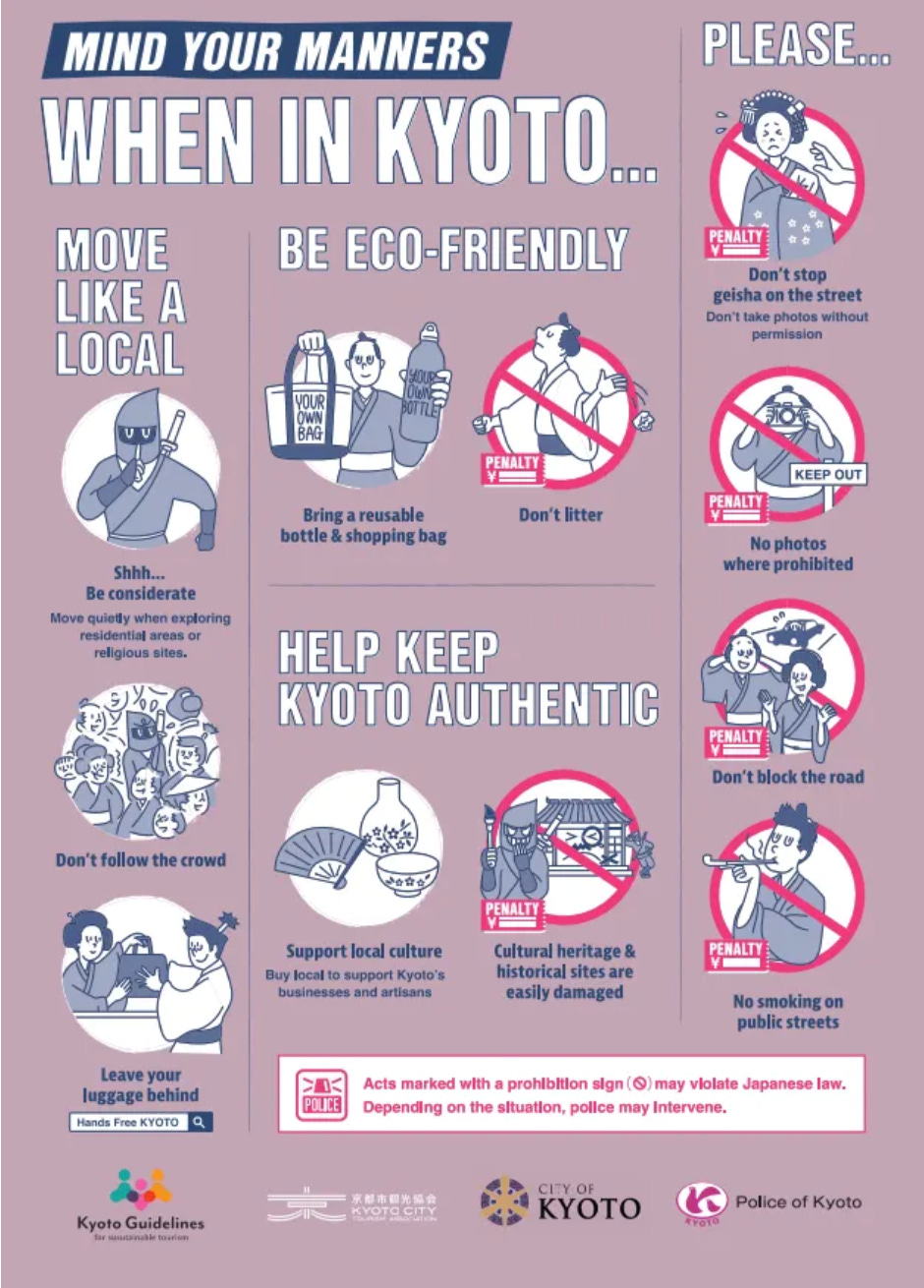Sorry for being a Tourist
Can Tourists and Locals Make Peace? Anti-Tourist Activism, Overtourism and a Road to Reconciliation
Everyone wants to travel, but nobody wants to feel like a tourist. At the same time, locals in hotspots from Barcelona to Kyoto wave protest banners or simply wave goodbye, desperate for a break from relentless crowds.
How can destinations move past protest toward a new, shared future for both residents and visitors?
Can Tourists and Locals Make Peace?
Many travelers (even in the remotest mountain lodge) insist “I hate being a tourist.” Research shows this isn’t just a matter of snobbery. It’s a search for authenticity, local connection, and a unique story: the feeling of being a “temporary local,” not a passing consumer.
Yet, the rise of digital platforms and social media has made virtually every “hidden gem” Instagram-famous overnight. The line between authentic and overrun blurs, fueling tension in places like Barcelona (where locals have fired water pistols at tourists) or Japan’s Golden Route (where etiquette signs now outnumber shrines).
What’s really going on? Psychologists call it cognitive dissonance: We want all the fun of travel, but not the “label”—nor the guilt—of belonging to an invading crowd.
Overtourism: When Protest Meets Paradox
Cities and regions across the world now face the backlash of over-visited, under-loved places.
In Barcelona, 26 million visitors a year now crowd a city of just 1.7 million locals, with rents and tempers soaring.
In Kyoto, 73% of all overnight stays concentrate in just five prefectures, bringing packed trains, noise, and cultural friction.
The protests aren’t simply anti-tourist. They’re about control, the “right to the city,” resentment over lost authenticity and unshared economic gains.
Can Destinations Bring Hosts and Guests Back Together?
Strategic hope comes from places that re-think the host-guest relationship not just by diverting crowds, but by empowering both sides.
Paradigm Shift: Local Benefit and Community-Based Tourism
Community-Based Tourism (CBT): In Vietnam’s Thanh Ha, Malaysia’s Miso Walai, or Peru’s Parwa Restaurant, locals design, own, and profit from experiences. Whether it’s pottery workshops, homestays, or cooking classes. These models nurture pride and bring economic benefit directly to the very communities whose identity travelers crave.
Campaigns like Japan’s etiquette lessons, Berlin’s “Kiez walks”, or New Zealand’s Tiaki Promise foster not just understanding, but mutual respect.
Key Takeaways
The anti-tourist paradox signals a desire for real, community-driven, and participatory experiences.
Align policies (taxes, visitor caps, distribution) with local needs and communicate benefits directly = more transparency, less resentment.
Empower communities through ownership, storytelling, and shared planning.
Thanks for reading :)
Kevin
Selected sources:




